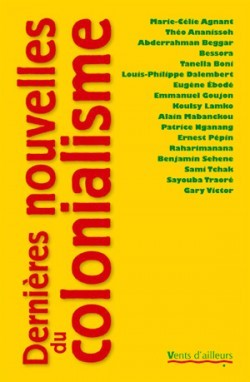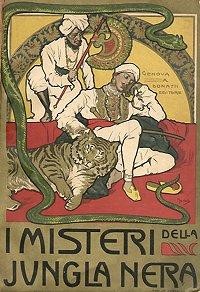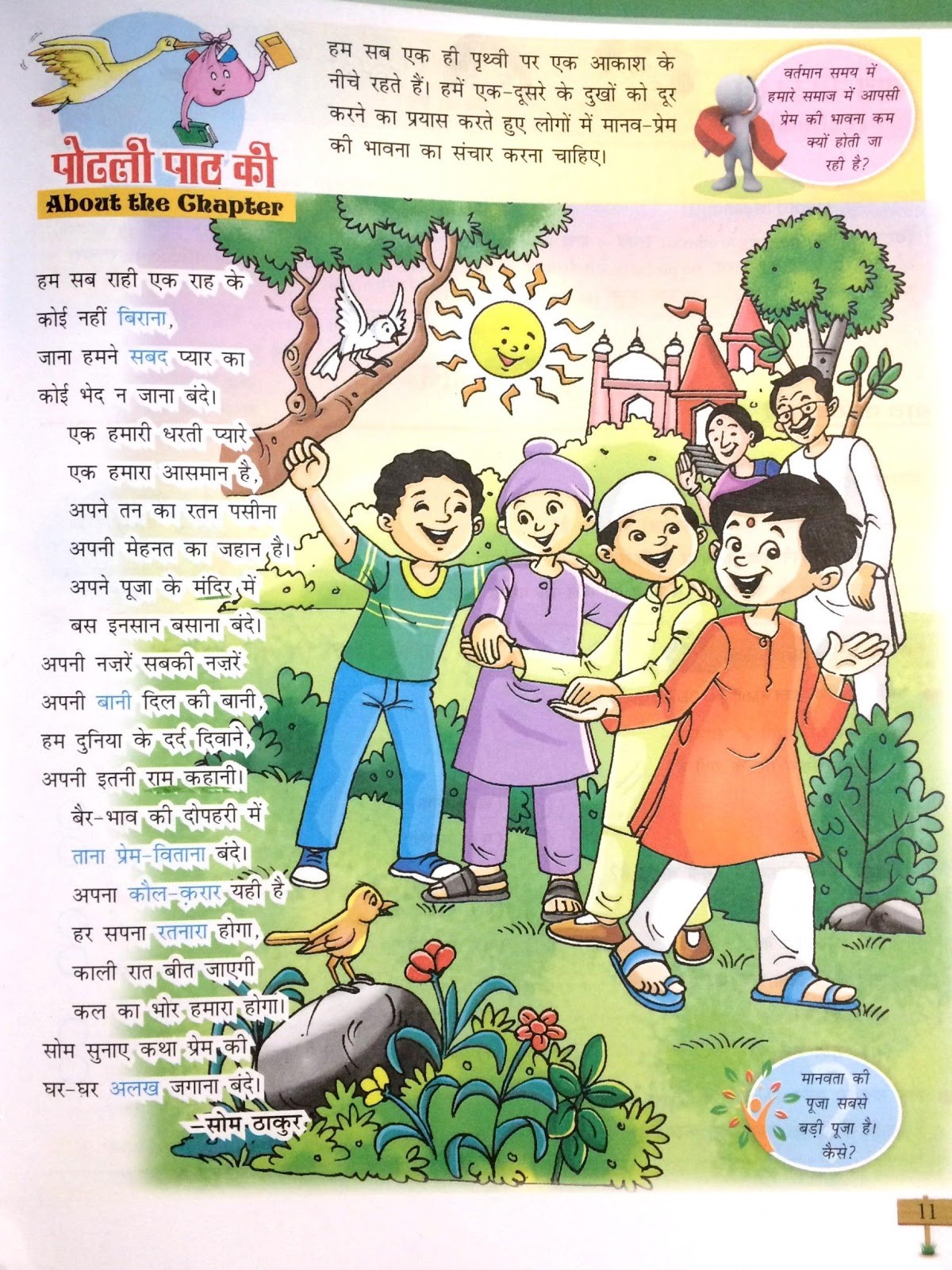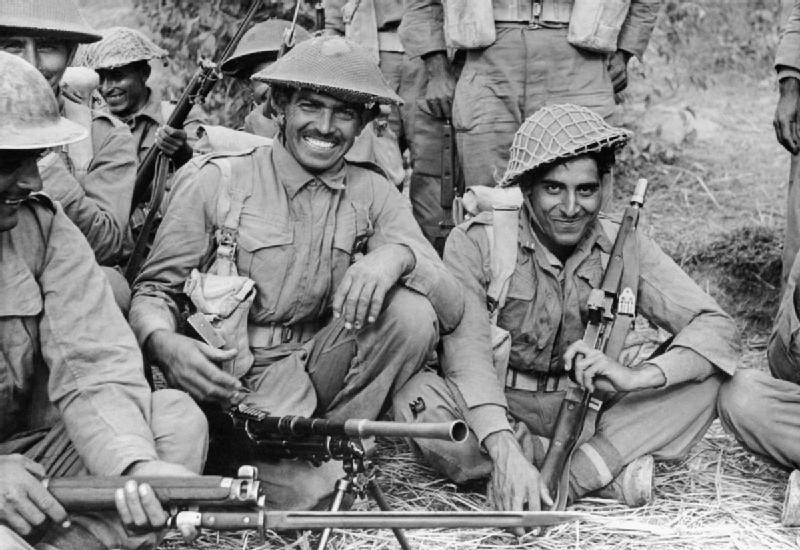Education and Taste
Literary authors often saw their social role as one of teachers – whether passing their knowledge down to children or newly educated classes, or counselling the powerful. As a result, many of the genres and authors studied as part of the MULOSIGE project share a strong didacticism.
Many authors were themselves embedded in cultural and educational institutions, and worked as scribes, manuscript illustrators, official praise singers, imperial chroniclers, university lecturers, private tutors, freelance performers at ceremonies and public events, publishers, theatre directors, magazine editors. In all these roles, they were often expected to share their wisdom, whether in the form of witty jokes or long treatises. Literature, for example, often aimed at teaching religious dogmas and moral precepts to the community of the faithful. Or in more secular context, literature instructed the readers on how to be good citizens and patriots, good daughters and sons, good husbands and wives. In all these cases, the author postured as someone who has knowledge to share to advance society. This could take the form of explicitly didactic genres, such language primers, or more aesthetically inflected genres, such as children’s literature.
A focus on education offers a privileged lens through which to study ideological state apparatuses, mechanisms of social reproduction, hegemony and counter-hegemonies, and the relationship between literary authors and political power.
MULOSIGE Reading List: The Significant Literary Geographies of African Festivals
In an era where cultural festivals multiply, so-called African festivals have spread in Africa, but also outside of Africa, in major cities as well as in little-known villages, for example in provincial France. What are some of their implications and effects in the case of francophone African literature?
Conference: The Poetics and Politics of Writer-Activism in the Global South
MULOSIGE is co-organising the conference "The Poetics and Politics of Writer-Activism in the Global South: Between Local Engagement and World-Making Solidarities" with The University of Mohamed V, Faculty of Letters and Human Sciences; Rabat, Morocco, 16-17 April 2020.
Dernières nouvelles du colonialisme: legitimising collective memory in the face of legislative amnesia
Isadora Hutcheson-Lovett argues that "Dernières nouvelles du colonialisme" pushes back against French legislative power; demonstrating collective transnational memory in the face of France's metropolitan amnesia.
Mysteries of the Indian Jungle – Emilio Salgari’s Orientalist adventures
No Italian writer has left a deeper and more lasting imprint over Italian readers of a certain exotic image of India than Emilio Salgari (1862-1922). His adventure books spanning four continents rank among the classics of adventure/children’s literature. Indeed, were popularity alone determined membership to world literature, Salgari would count as the foremost Italian writer in the world.
A Textbook Example: How English schools shape views of Hindi Literature
Shonali Jindal investigates whether a fundamental difference exists in the treatment of Hindi and English Literature in English-medium textbooks in contemporary India.
Re-imagining Histories through Farthest Field: An Indian Story of the Second World War (Raghu Karnad)
Are nations created by their histories? Raghu Karnad's book 'Farthest Field' problematizes British and Indian memorialisations of WWII.







